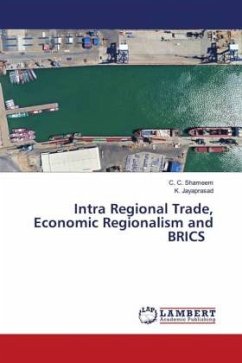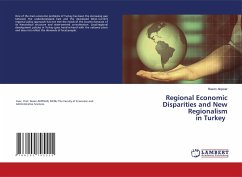In a highly interdependent and globalized era, economic regionalism propagates the implementation of institutional arrangements designed to facilitate free flow of goods and services and coordinates foreign economic policies among countries in the same geographic or non-geographic region. Physical and geographical proximity is often seen as a reason for conflict among countries which can be drastically resolved by the formation of economic ties. Strong economic relation among countries reduces the chance of conflict, creating a peaceful global atmosphere possible. The post-liberalized international system has adopted new dimensions of regionalism and the concept of 'trade creating geography or space' is becoming prominent. The book focused to examines economic regionalism in along with an analysis on the influence of trade relation being the binding factor within BRICS economic interdependence and the work also examines the role of the Indian economy in BRICS and tries to identify whether participation in the forum yields comparative advantage. This notion is based on the proposition that 'trade creates space', on which the study evolves.
Bitte wählen Sie Ihr Anliegen aus.
Rechnungen
Retourenschein anfordern
Bestellstatus
Storno








